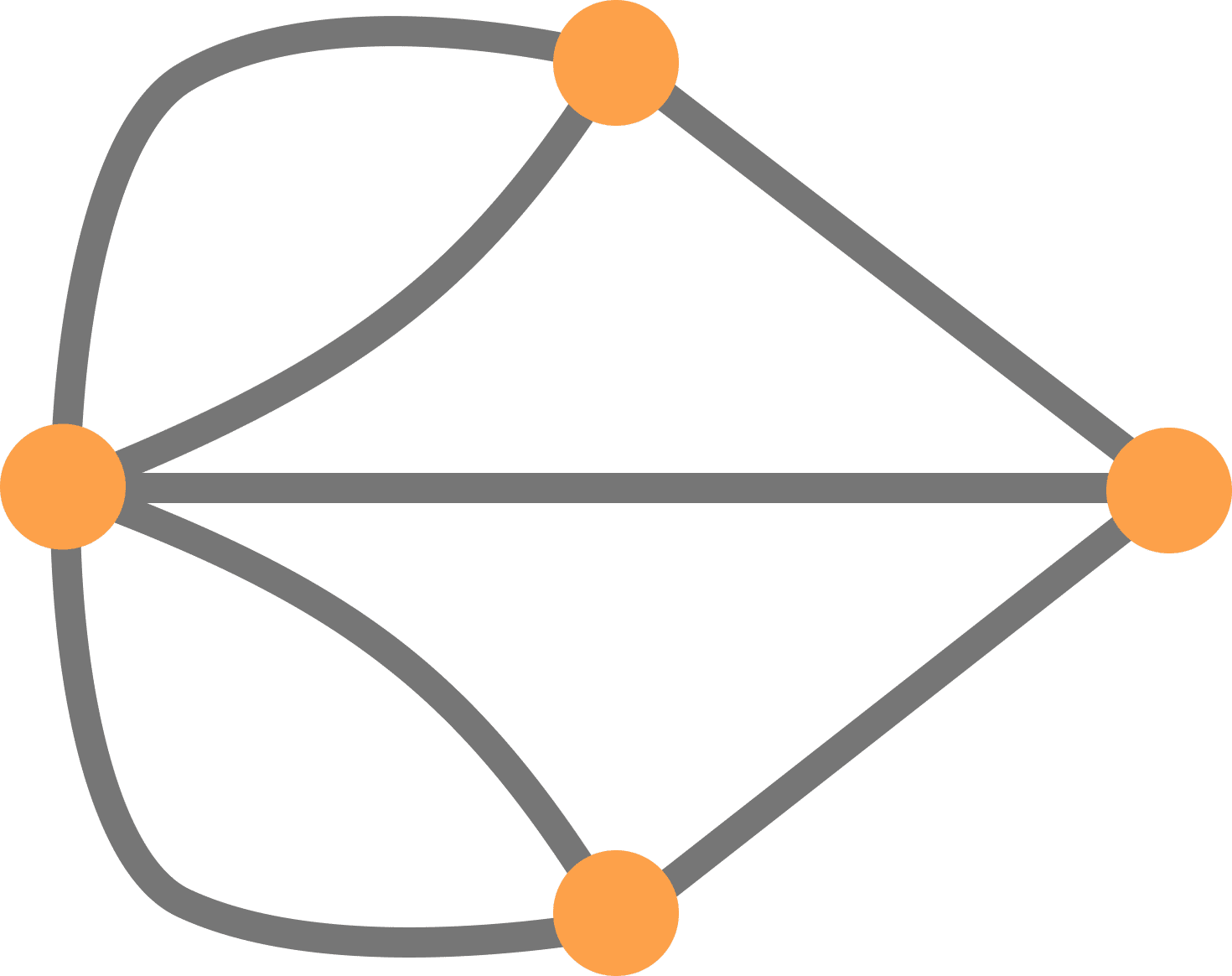Although it has existed in practice for decades, Global governance is a relatively new concept in the study of international relations. Global governance “includes a range of processes, regimes, laws, norms, institutions, and actors, but it also rests fundamentally on the belief that international cooperation is achievable and desirable.”
International treaties and organizations have made possible cooperation in many areas including defense, trade, monetary policy, environmental protection, social policy, internet use, human rights, maritime security, justice, transportation, etc.
This course covers a number of fundamental questions in the study of global governance.
First, what is governance and how does it work? What is the theory and possible architecture of this concept, and how is it changing over time? Has global governance been successful and just so far? How does it impact the exercise and distribution of power in the international system? How does global governance relate with democracy?
The course touches on actors involved in global governance and how these actors govern on certain key issues. Students will have the opportunity to develop and demonstrate expertise on a particular topic area relevant to global governance issues and structures through response and research papers.
Overall Objectives:
- Understand and articulate the theories of governance and global governance (GG)
- Discuss actors and principles
- Discuss specific areas of GG (climate, trade, etc.)
- Understand the 2025 UN document on GG


